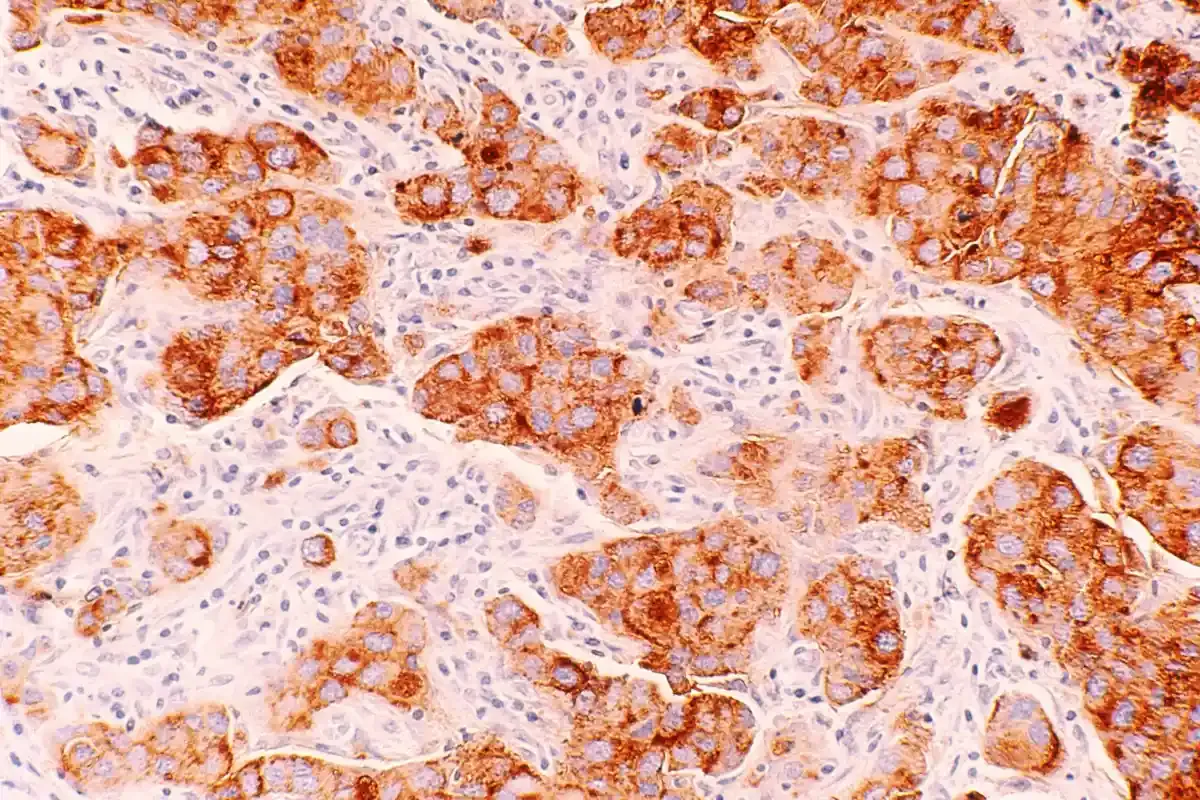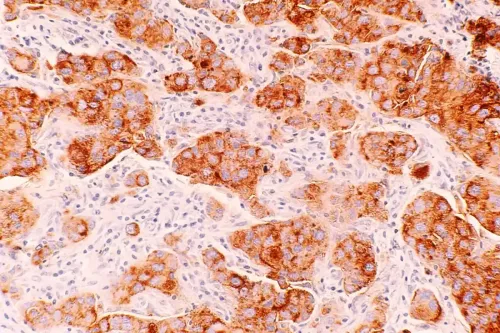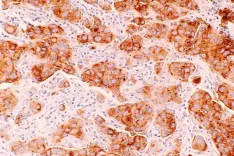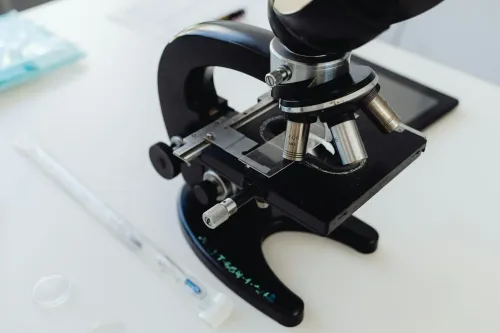
What Is ALS?
Amyotrophic Lateral Sclerosis (ALS), also known as Lou Gehrig’s disease, is a progressive disease that affects nerve cells in the brain and spinal cord. It leads to muscle weakness, loss of motor control, and eventually, paralysis.
- Prevalence: Over 30,000 people in the U.S. live with ALS at any given time.
- Progression: Most patients live 2–5 years after symptom onset.
- Current Treatments: Medications like Riluzole and Edaravone offer limited benefit, highlighting the urgent need for new ALS therapies and ALS experimental treatments.
The Critical Role of ALS Clinical Trials
Clinical trials play a key role in ALS research by testing new drugs, therapies, and interventions in human volunteers. These ALS medical trials are the foundation for discovering ALS treatment breakthroughs and, ultimately, a cure.
Why Are ALS Clinical Trials Important?
- Evaluate the safety and effectiveness of new ALS therapies
- Test cutting-edge ALS experimental treatments and ALS drug trials
- Advance ALS cure research and improve quality of life
- Provide ALS patient participation in the search for better treatments
ALS Study Eligibility: Who Can Join ALS Trials?
ALS clinical trial recruitment is open to a variety of participants, but each study has specific ALS study eligibility criteria:
- Confirmed diagnosis of ALS
- Age and gender requirements
- Disease stage and progression
- Willingness to comply with study protocols
ALS patient participation is vital for advancing research and discovering ALS new treatment options.
How to Find and Join ALS Clinical Trials
1. Talk to Your Neurologist: Discuss your interest in ALS treatment trials and ask about trials suited to your diagnosis and stage.
2. Search Online Registries: Use trusted databases like ClinicalTrials.gov
3. Use ALS Trial Matching Services: Platforms like PatLynk offer ALS trial matching, connecting patients to relevant trials based on their health profile and location, making ALS clinical trial recruitment more accessible and efficient.
4. Contact Leading ALS Research Centers: Major ALS centers and academic hospitals have dedicated coordinators for ALS medical trials and can guide you through the process.
What to Consider Before Joining ALS Trials
- ALS study eligibility (diagnosis, age, stage)
- Location and travel requirements
- Potential risks, benefits, and commitments
- Access to ALS experimental treatments and cutting-edge care
Benefits of Participating in ALS Clinical Trials
Participating in ALS clinical trials offers significant personal and societal benefits:
- Early access to ALS new treatment options and ALS experimental treatments
- Contribution to ALS cure research and scientific progress
- Support from specialized medical teams
- Helping advance ALS cure trials 2025 for future generations
The Future of ALS Treatment: Research Breakthroughs on the Horizon
With hundreds of ALS research studies and ALS drug trials underway, the future holds real promise. From gene therapies and neuroprotective agents to personalized medicine, ALS clinical research is driving the next generation of ALS treatment breakthroughs.
Conclusion: Connecting You to ALS Research Opportunities
ALS is a challenging diagnosis: but thanks to ALS clinical trials, there is real hope for new treatments and, one day, a cure. Whether you’re newly diagnosed or seeking better options, knowledge and participation are powerful tools.
At PatLynk, we make it easier for patients to access clinical trials that fit their unique needs. Whether you’re exploring innovative treatments or considering trial participation as part of your care journey, PatLynk connects you with opportunities that can make a real difference. Our mission is to empower patients to access the latest medical advances because everyone deserves access to healthcare innovation.











